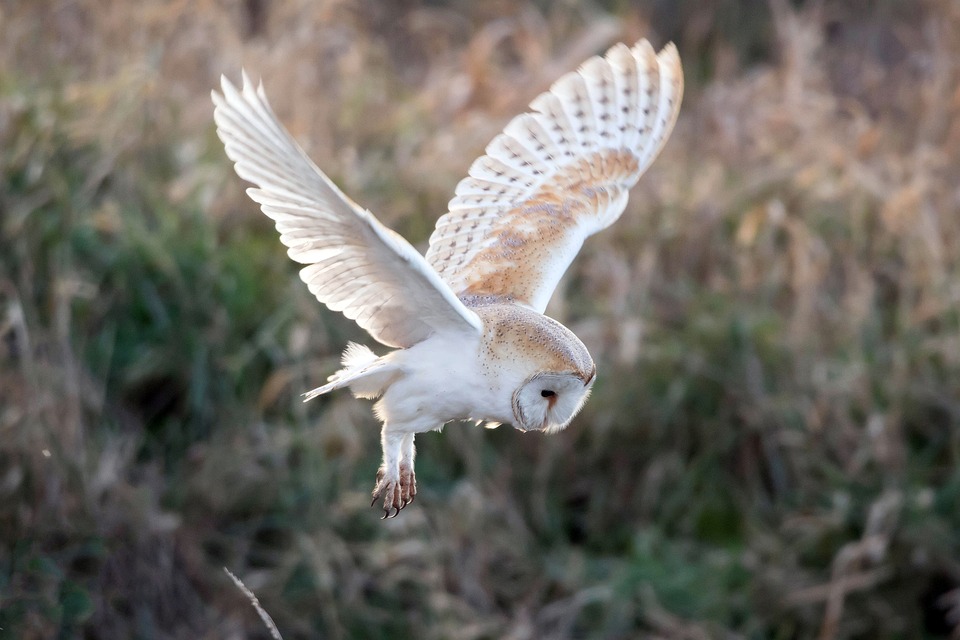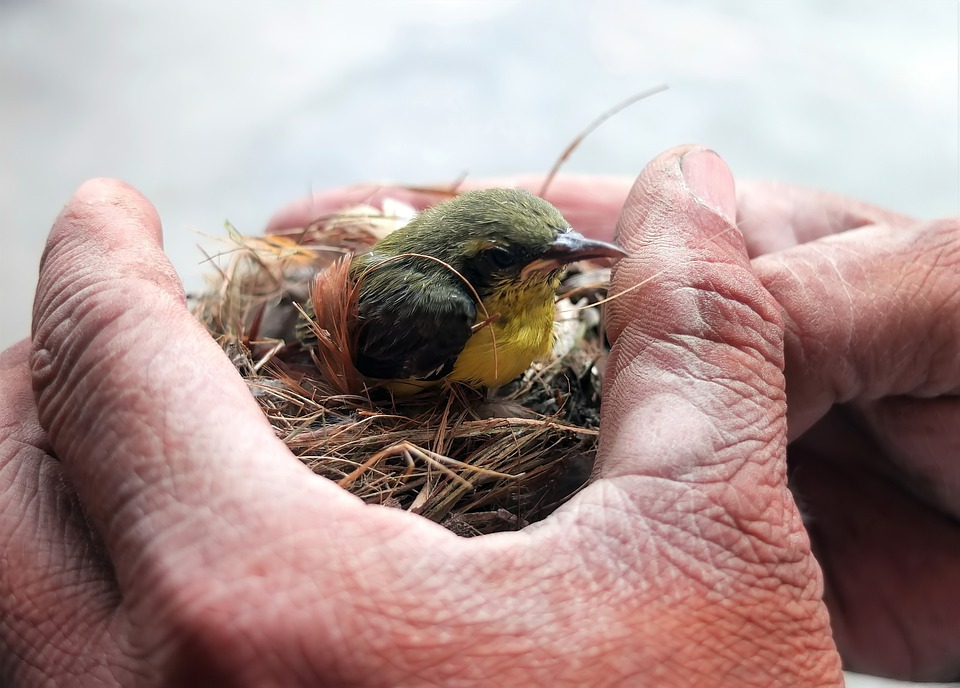
History
The Gylstorff Fund was founded in 1990 by Prof. Dr. Dr. habil. Helga Gerlach in memory of Prof. Dr. Irmgard Gylstorff, the former director of the Institut für Krankheiten des Haus- und Ziergeflügels sowie der Tauben, Wild- und Zoovögel (Institute for Diseases of Poultry and Pet Birds including Pigeons, Wild and Zoobirds) of the Ludwig-Maximilians-University Munich. Prof. Dr. Gylstorff was the first lady in the world to hold a chair in veterinary medicine. In particular, she held the first European chair of an Institute for Avian Diseases, in 1961 at the Tierärztliche Hochschule in Hanover, germany (University of Veterinary Medicine Hannover).
The Helga Gerlach Fund was created in 2009 by a group of European AAV members to perpetuate the work of Professor Dr. Dr. habil. Helga Gerlach throughout her long serving years. Professor Gerlach has dedicated more than 50 years of her life to avian exotic and poultry medicine. She is a well known scientist, speaker and teacher all over the world.
To this day she is actively involved in avian veterinary science as a histopathologist. Two of her outstanding traits are her continuing natural curiosity and interest in birds in general and her dedication to life-long learning. These traits enabled her to accumulate an amazing store of knowledge, which she readily shares with colleagues.

In 2011 the EAAV Board decided to merge two funds into the Gerlach-Gylstorff Fund.
To raise the necessary means for the EAAV Gerlach Gylstorff Fund we would need donors who are willing to support us. For your convenience, a donation response form and further information about all EAAV grants and prizes have been included in the following information document.
If you are able to help, please complete the form and submit it to us at fund@eaav.org. We thank you very much in advance!

Main goals and mission

Education
Companion birds are valuable, intelligent and attractive pets. The value of qualified veterinary care and education in the responsible care of their charges, should be communicated to owners by their veterinarians.
Our goal is to provide veterinarians with the means to continually enhance their clinical professional knowledge and skills in avian medicine, and incentivize young veterinarians to pursue avian medicine.

Conservation
We consider the preservation of species and their habitats to be of paramount importance, and continuosly try to contribute to this cause.
Avian species can be important sentinels regarding the health of the ecosystems they are a part of, providing information relevant for veterinary medicine, human medicine, biology, epidemiology and much more.

Research
Research improves the knowledge about birds and avian medicine and helps to improve diagnostics, therapy, and prevention of diseases and conservation of endangered species.
Thus, veterinarians, their clients, educators and researchers involved in avian medicine should have access to appropriate, relevant technical information and insight.